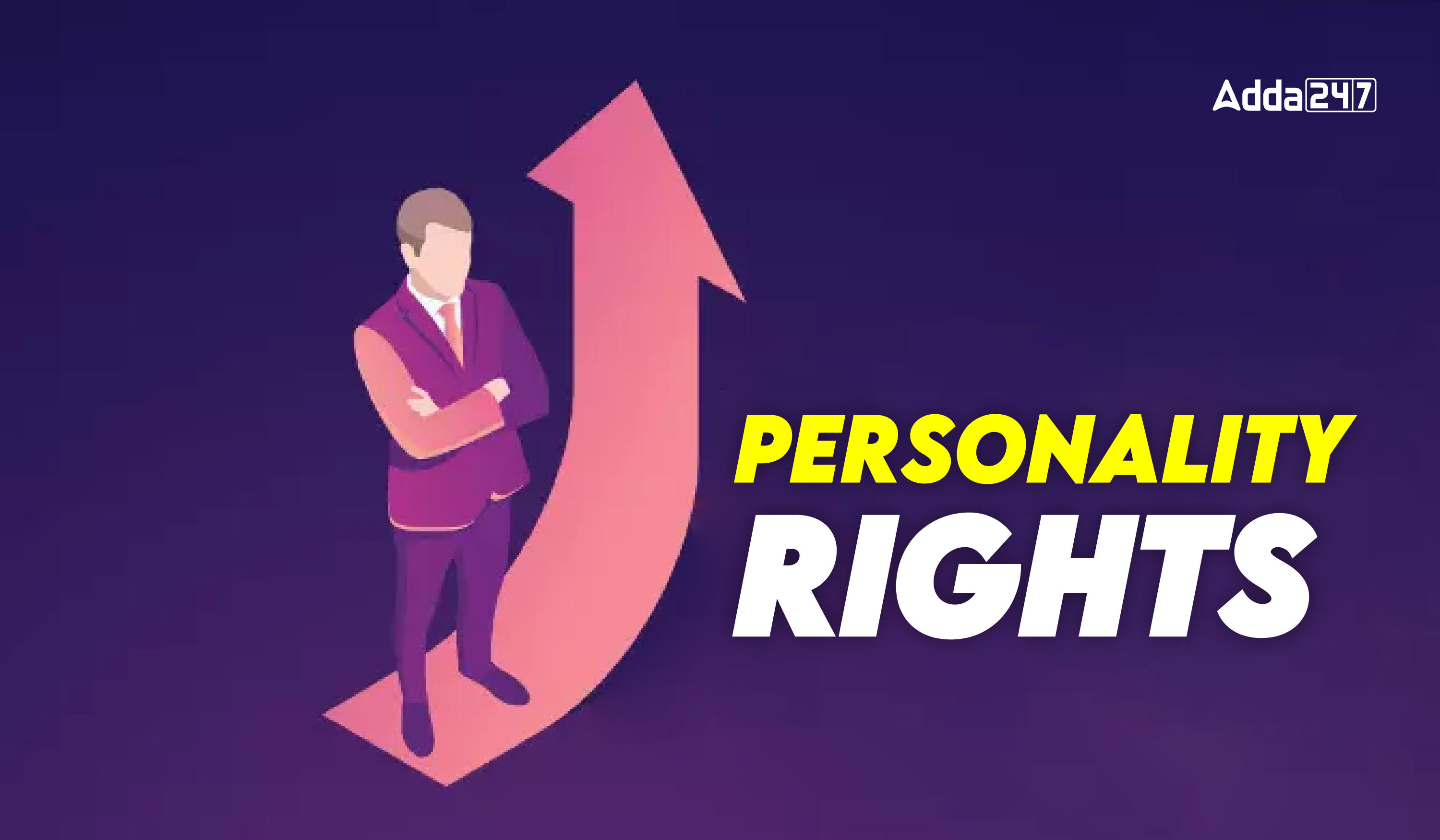Table of Contents
In an era where the commercial exploitation of public figures’ identities is rampant, the concept of personality rights has gained significant importance. Personality rights, encompassing the right to privacy and the right to publicity, are essential for protecting individuals from unauthorized use of their likeness, name, voice, and other personal attributes for commercial purposes. This article delves into the intricacies of personality rights from both Indian and global perspectives, highlighting key judicial interpretations and recent developments.
Meaning of Personality Rights
Personality rights refer to the legal protections that individuals, especially celebrities, have over the use of their attributes, such as their name, image, voice, or any other identifiable characteristic. These rights ensure that no one can use these attributes for commercial purposes without the person’s permission. Essentially, personality rights help individuals control how their identity is used and prevent others from exploiting their fame or personal traits for profit.
Indian Perspective on Personality Rights
In India, personality rights are not explicitly defined in statutory law but are derived from the Fundamental Rights to privacy and freedom of speech under Articles 21 and 19(1)(a) of the Indian Constitution. Indian Courts have played a crucial role in recognizing and protecting these rights through various landmark judgments.
Personality Rights: Judicial Interpretations
- Titan Industries Ltd. v. Ramkumar Jewellers (2012): The Delhi High Court defined a celebrity as a “famous or well-known person” and emphasized the right to control the commercial use of one’s identity. This case concerned the unauthorized use of Amitabh Bachchan’s photograph, leading to a permanent injunction against the infringer.
- Amitabh Bachchan v. Rajat Negi & Others (2022): Mr. Bachchan successfully sought an injunction to protect his personality rights, restraining the unauthorized use of his celebrity status for promoting goods.
- Shivaji Rao Gaikwad aka Rajnikanth v. Varsha Production: The Madras High Court granted an injunction against the unauthorized use of Rajnikanth’s name and style in a film, reinforcing the right to live with dignity under Article 21.
- Krishna Kishore Singh v. Sarla A Saraogi & Ors. (2023): The Delhi High Court ruled that the personality rights of Sushant Singh Rajput did not survive his death, narrowing the scope of posthumous personality rights in India.
Global Perspective on Personality Rights
United States
The USA has a well-developed legal framework for personality rights, often referred to as the right of publicity. This right was first judicially recognized in Haelan Laboratories, Inc. v. Topps Chewing Gum, Inc. (1953), distinguishing it from the right to privacy and establishing protection against unauthorized commercial use of one’s identity.
United Kingdom
The UK does not explicitly recognize the right to publicity but offers protection through various legal mechanisms such as copyright law, passing off actions, and data protection regulations. Cases like Irvine v. Talksport, Ltd. (2003) highlight the protection of personality rights through existing legal frameworks.
Personality Rights: Recent Developments and Challenges
In India, the evolving landscape of personality rights faces challenges due to the lack of explicit statutory recognition. However, recent cases indicate a growing judicial acknowledgment of these rights. For instance, the Delhi High Court’s interim orders in cases involving Amitabh Bachchan and Anil Kapoor underscore the importance of protecting celebrities’ identities in the digital age.
Conclusion
The protection of personality rights is vital in safeguarding individuals, especially celebrities, from unauthorized commercial exploitation. While Indian Courts have made significant strides in recognizing these rights, there is a pressing need for comprehensive legislation to provide explicit protection and clarity. Such legal frameworks should balance the rights of public figures with the public’s right to information and freedom of expression, ensuring a fair and just legal system. The continued evolution of personality rights will be crucial in addressing the challenges posed by modern technology and media, fostering respect for individual privacy and identity in an increasingly interconnected world.
Also Read: Media Trials: A Boon or a Curse?



 TSPSC Group 1 Question Paper 2024, Downl...
TSPSC Group 1 Question Paper 2024, Downl...
 TSPSC Group 1 Answer key 2024 Out, Downl...
TSPSC Group 1 Answer key 2024 Out, Downl...
 UPSC Prelims 2024 Question Paper, Downlo...
UPSC Prelims 2024 Question Paper, Downlo...
